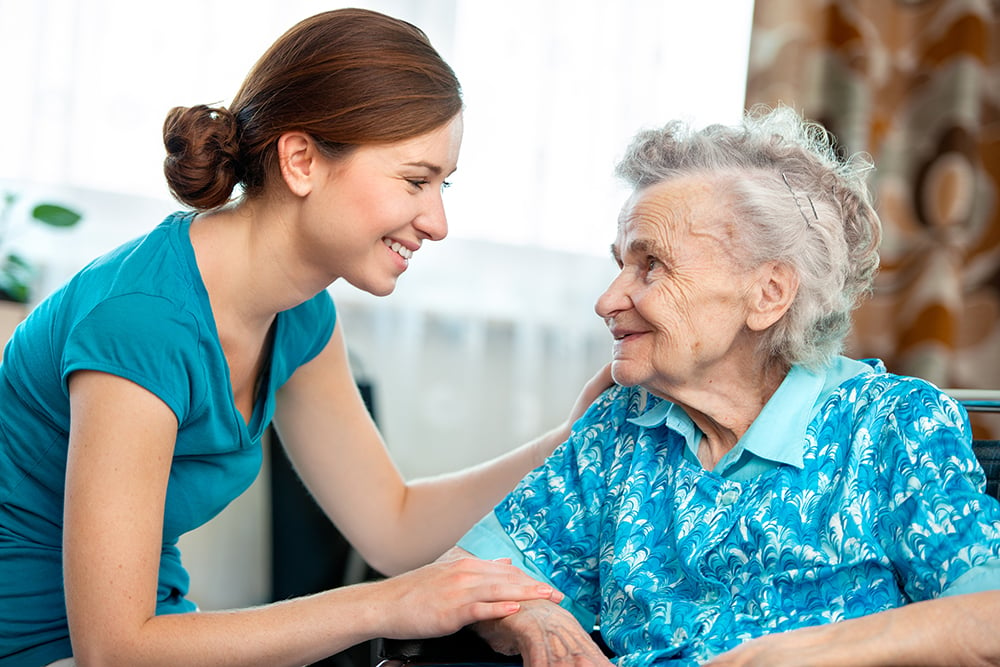How to make caregiver mental health a priority

In a recent article, we discussed common mental health concerns for people with physical disabilities. A related, and sometimes overlooked concern, relates to the loved ones who care for them. Caregiver mental health can decline over time without the proper resources, support and self-care.

